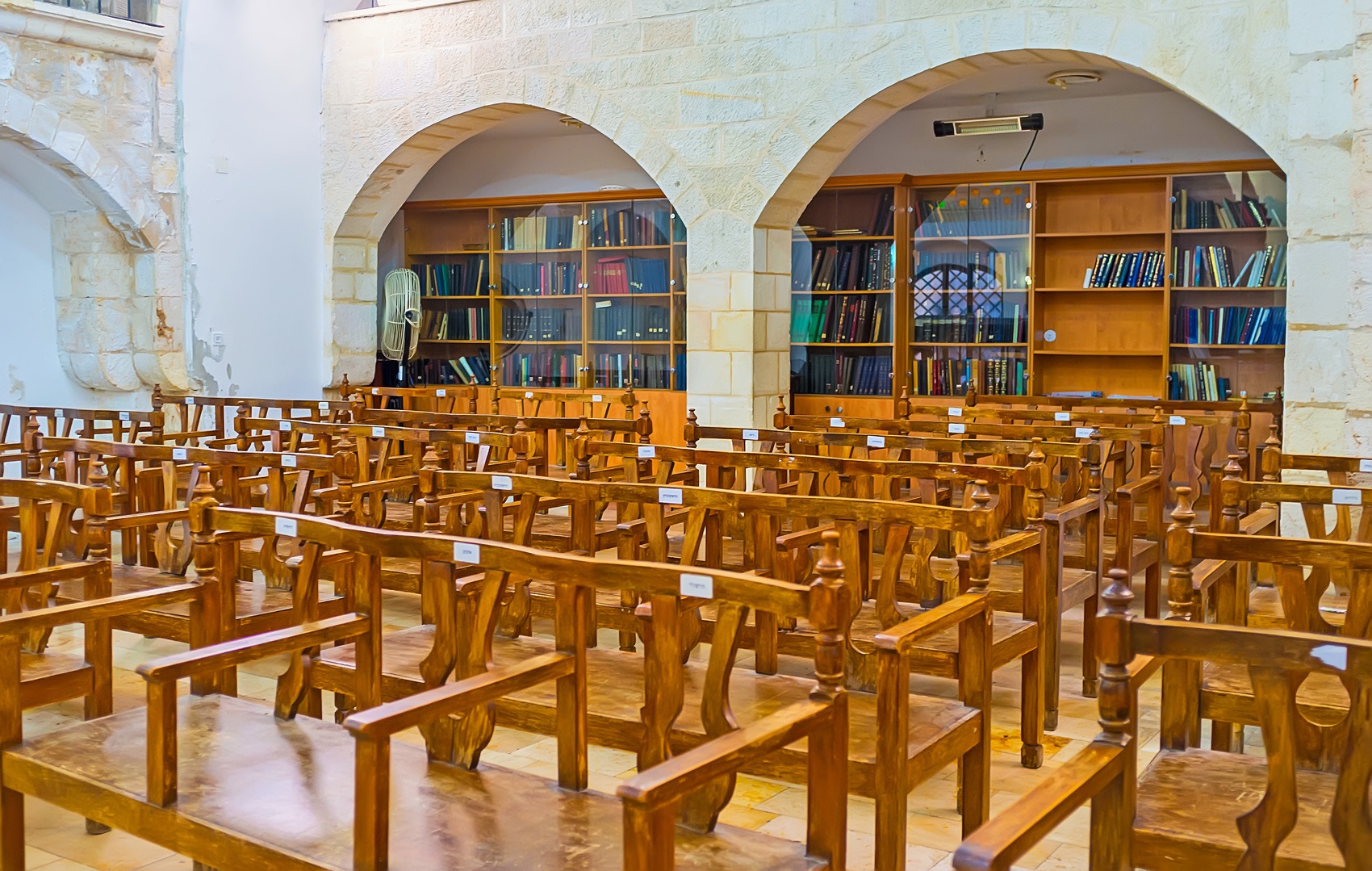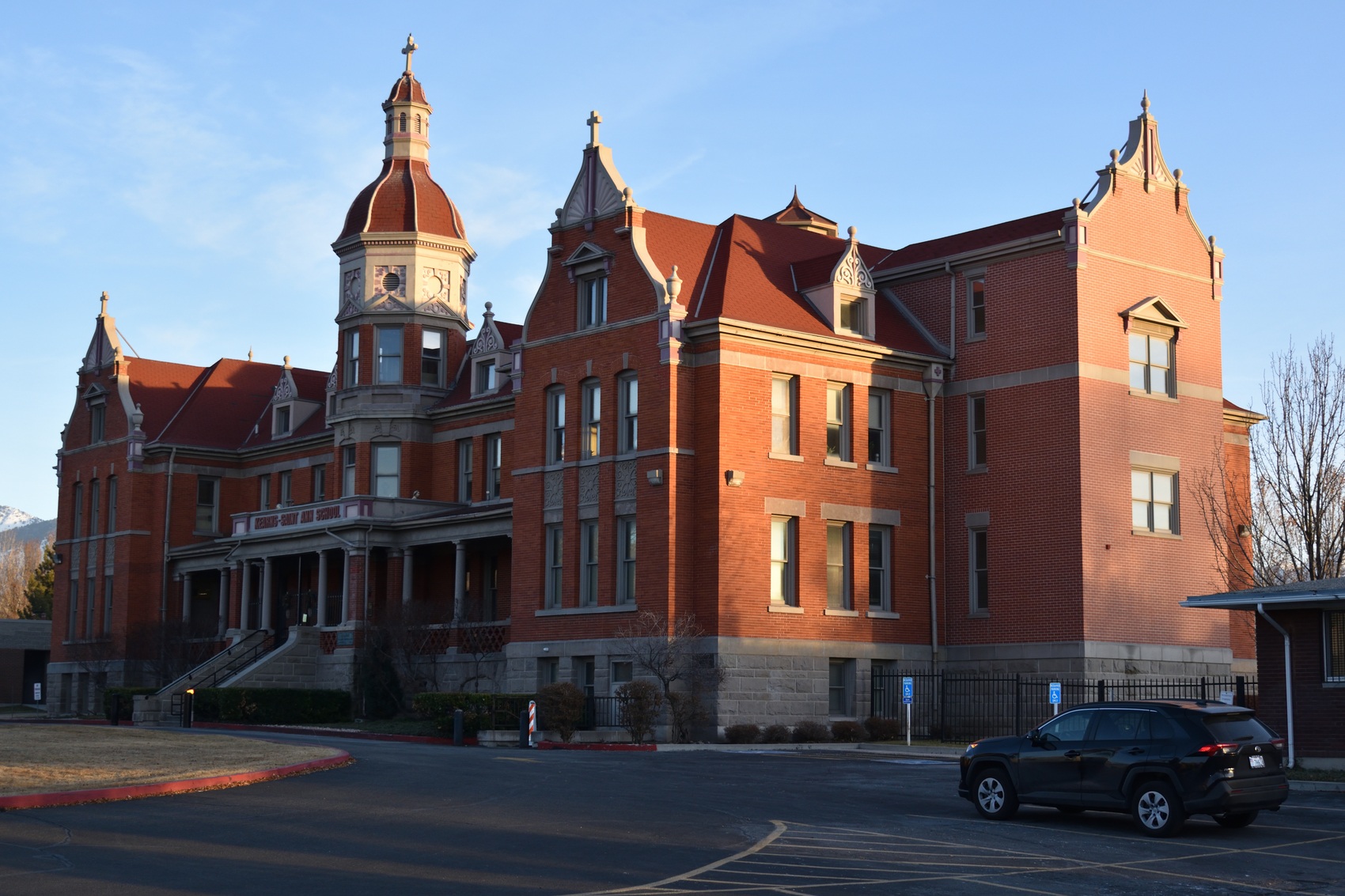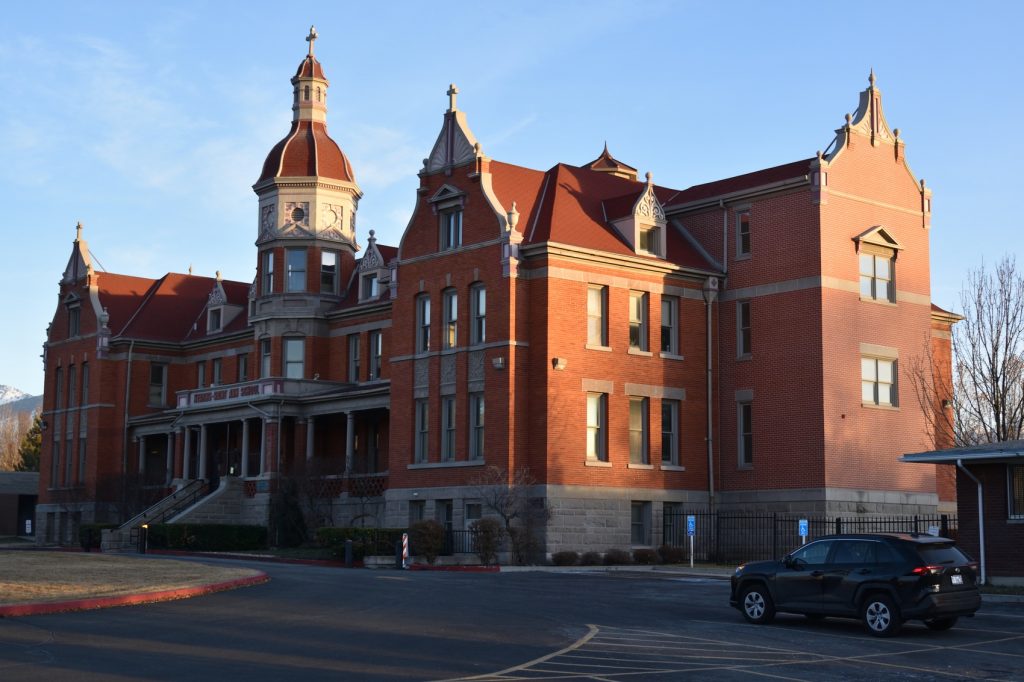
Your school matters, we can help.
The experienced land use and zoning attorneys of Dalton & Tomich will defend your religious school’s right to grow and worship freely so your organization can thrive.
It happens more often than religious groups realize. You purchased land with the intention of using it for a religious school, but the local government denied you the ability to use the land for religious assembly due to zoning issues.
What can you do?

If your religious school is seeking to expand its campus or add on to existing structures and you are facing opposition from the local planning commission, city council, or other local governing body, you aren’t out of options. There are laws that may give you the right to use the land for a religious school, even if local entities are against the project.
The Religious Land Use and Institutionalized Persons Act protects religious organizations like yours against land use and zoning discrimination. Our specialty is helping religious groups exercise their rights under the law.
The religious land use team at the law firm Dalton & Tomich, led by experienced RLUIPA attorneys Daniel P. Dalton and Noel W. Sterett, has successfully defended the rights of schools, churches, and other religious institutions across the country. Our attorneys are nationally recognized for their work in religious land use and zoning disputes, and we wrote the only book dedicated to RLUIPA, Litigating Religious Land Use Cases.
When school leaders hire Dalton & Tomich to help them advance their institutional goals, they gain more than just an experienced legal team. We become deeply invested in the well-being of the school’s stakeholders, from administrators and teachers to students and parents.
If your religious school is seeking to expand its campus or add to existing structures and you are facing opposition from a local governing body, you have options. There are laws that may give you the right to use the land for a religious school, even if local entities are against the project. Our success before local administrative bodies and in federal court has enabled religious schools to pursue their missions, acquire new property, expand existing buildings, and complete new construction projects. In addition to zoning approval, we have helped clients recover monetary damages, attorney fees, and injunctive relief, allowing you to secure the permits for religious school construction.
Our cases often involve a school's rights under:
- The Free Exercise Clause of the First Amendment
- The Equal Protection Clause of the Fourteenth Amendment
- The Religious Land Use and Institutionalized Persons Act (RLUIPA)
GET YOUR FREE RLUIPA GUIDE
If you are being blocked from using the building or property you just purchased for your school, you should know two things: 1) You are not alone. 2) You have options.
This FREE guide will help you understand your rights, navigate your options and understand the process for what happens next.
Call us today at (313) 859-6000
School Land Use and Zoning Legal Services
- School construction approvals
- School design requirements
- School space requirements
How we help you fight for the right to use your land
From the beginning of engagement, our top priority is to fully understand your objectives and identify any barriers that can help your school reach its goals. If a planning commission denies your school construction project, you may have to take legal action. It is a long process that can involve numerous parties, experts, documentation, and more. Our team provides a complete range of legal services for your school. We will:
- Work to secure necessary approval or denial from the local planning commission or administrative body
- Assist in navigating the administrative process
- Support your case in court by finding expert witnesses
- Collect all the evidence and facts that prove your case
- Collaborate with you to prepare and finalize pleadings
- File a Motion for Preliminary Injunction if there’s an opportunity to do so
- Pursue settlement if it’s in the best interests of the members of your school
- Keep you updated on the progress of the case as we move through the process
Real world results for religious schools
Academy of Our Lady of Peace
Dalton & Tomich partnered with the Academy of Our Lady of Peace in San Diego to protect the right of the girls’ Catholic school to modernize its facility when it was faced with unfounded opposition from the city council. Working in close collaboration with local attorneys and the school’s leadership team, Dalton secured a settlement that included cash as well as fast-tracked approval for all requested permits.


Real World Results for Religious Schools
Dalton & Tomich partnered with the Academy of Our Lady of Peace in San Diego to protect the right of the girls’ Catholic school to modernize its facility when it was faced with unfounded opposition from the city council. Working in close collaboration with local attorneys and the school’s leadership team, Dalton secured a settlement that included cash as well as fast-tracked approval for all requested permits.
Frequently Asked Questions
What is Institutional Land Use?
Institutional land use refers to land that is used for institutions like schools, public museums, hospitals, cemeteries, and government office buildings. It is distinct in that the buildings are typically open to the public.
What if RLUIPA doesn't apply?
The Religious Land Use and Institutionalized Persons Act is often applicable, but not always. Land use disputes raised by local religious schools can be supported by a number of different claims, including those under the First Amendment Free Exercise clause, the Free Speech and Assembly clauses, or the Fourteenth Amendment Equal Protection clause.
Other federal statutes may also come into play, depending on the facts of your school land use case. These may include the Fair Housing Act and the Americans with Disabilities Act and constitutional and statutory provisions at the state level.
We evaluate each claim independently to determine the best strategy in moving forward on a claim to give you the best chance of succeeding at trial.
For more on the question of what happens when RLUIPA doesn’t apply, watch our “What if RLUIPA doesn’t apply” video.
What rights does my school have in religious land use and zoning disputes?
Religious schools and other religious entities have the same right to fair and equal treatment in zoning and land use matters as secular assembly uses. Local governments that discriminate against religious schools often violate RLUIPA and the United States Constitution. Our free guide to religious school land use and zoning may be helpful here.
What can I do if my religious school zoning request is denied by the planning commission?
Our video on what to do in the case of a zoning denial is the resource you need. The first step is to see if there are any potential internal appeals in the zoning code. If there are no internal appeals available, and if the facts of your case or the language of the zoning ordinance give you the ability to challenge the denial, you can file suit in state or federal court asserting a just cause of action under RLUIPA.
We are happy to help in these matters. Please don’t hesitate to contact us if you have any questions.
What do I need to know about conditional use permits and religious institutions?
Conditional use permits permit religious use in the zoning district, but it’s not considered a right. In order to get the conditional use permit, the applicant has to meet certain requirements specified by a local governing agency.
How long will my religious land use and zoning case take?
Generally, the time frame from filing suit until you have a trial date is 18 months. The 18 months will be challenging and unpredictable. Litigation is akin to riding a rollercoaster – there are high points and low points, but not many level points. Much of the case depends on factors out of your control. The judge assigned to the case tremendously impacts how the case proceeds. The law changes as well. Simply put, there are no guarantees.
How much will litigation cost my school?
Litigation can be very difficult, and it is nearly impossible to determine upfront what the overall costs might be. Much of the answer depends on the response from the other side of the case.
While we cannot tell you how much a case may cost, we can tell you, based on our extensive experience, the anticipated cost of cases moving forward. We understand that considering potential costs and all the other factors that go into choosing an attorney can be frustrating. We will work with you to alleviate that frustration, taking the time to understand your needs so we can help you determine your budget and the scope of services that will give you the best value for your money.
We enjoy working with clients to formulate cost-effective and creative solutions so you can make the best choice for your religious school.
For more information, view our video on the time and expenses for a typical religious land use case.
